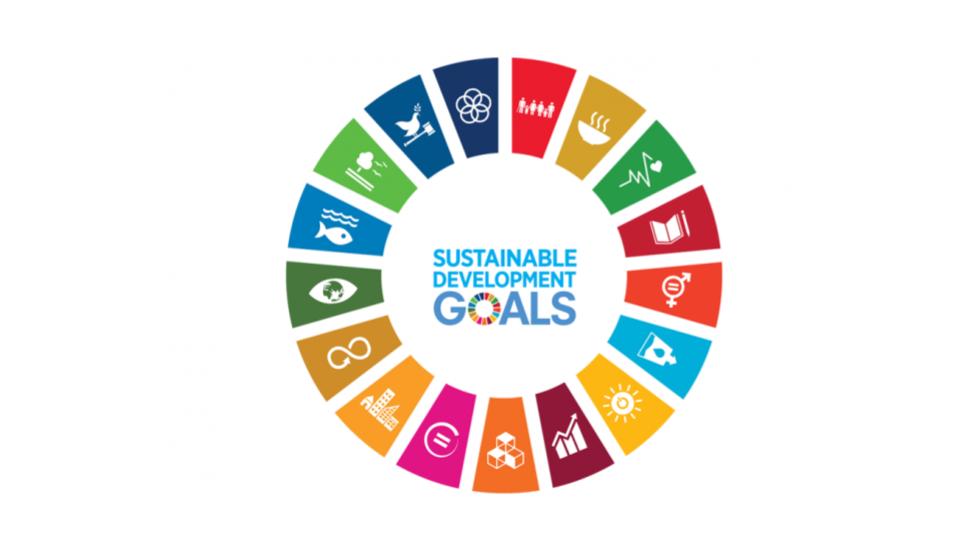This article was written by Professor Alice Owen (University of Leeds), Dr Kate Ringham (Oxford Brookes University), and Dr Lauren Tuckerman (Innovation Caucus, Oxford Brookes University).
Innovate UK is the UK’s national innovation agency. It supports business-led innovation, helping businesses grow through the development and commercialisation of new products, processes and services.
Historically, Innovate UK has focussed on the economic impact of the projects that it funds – jobs created, company revenue increased, products brought to market. In today’s complex economy, where innovation is needed to respond to many global challenges, Innovate UK knows that it needs to understand the social and environmental benefits of its investments. Innovate UK asked the Innovation Caucus, with support from the Sustainability Research Institute at the University of Leeds, to create a set of measures to reflect the social and environmental impacts of Innovate UK’s Impact Management Framework.
These measures would be collated from businesses and organisations funded by Innovate UK; they therefore needed to be consistent with other social and environmental reporting that organisations might be asked to do. The team collated and analysed an ‘alphabet soup’ of existing frameworks and standards assessing social and environmental impact before recommending that the United Nations Sustainable Development Goals (SDGs see below) would best meet Innovate UK’s needs. United Nations Sustainable Development Goals, 2015
United Nations Sustainable Development Goals, 2015
The SDGs, created by the United Nations in 2015, are a call to action to end poverty, protect the planet, and ensure that by 2030 all people enjoy peace and prosperity. The SDGs are supported by a large set of possible indicators. The team’s challenge was to develop a smaller, relevant and manageable set for Innovate UK by reviewing academic literature, analysing current practice across a wide range of sectors, businesses and organisations, and working with Innovate UK to identify and test different approaches. The resulting metrics that have been recommended by the team were all designed to build understanding of social and environmental impacts of Innovate UK’s funded projects.
There are 17 SDGs: all are integrated and connected, but some of the goals are more pertinent to Innovate UK’s mission to support business-led innovation. The team assessed the materiality of each of the goals by considering the importance of the goal within the context of UK national policy and the importance of the goal within InnovateUK’s strategy. This materiality assessment tool provided insights into the alignment of Innovate UK’s strategy with key sustainability issues in the UK policy agenda.
Guidance for each metric was also developed by the team. The aim of this was to assist those organisations receiving Innovate UK funding to report on the metrics related to material SDGs. The team also recommended that Innovate UK signal its interest in social and environmental impacts from the beginning of a funding call or competition, so that the project proposals submitted picked up on those signals and offered new routes to positive impacts.
Therefore, the final piece of the jigsaw in this project was to think through how to integrate some consideration of all SDGs into the development of future programmes. Spotting where new programmes align with the SDGs is the first step, but this is not enough. Identifying potential negative impacts on SDGs is also vital, allowing Innovate UK to refine its programme development and mitigate potential risks.
This project was about so much more than passively capturing social and environmental incidental outcomes; it encouraged moving towards actively aiming to achieve more sustainability in Innovate UK’s funded projects. The tools developed as part of this project also allow Innovate UK to embed more sustainability into their decision making.
The project team were:
Professor Alice Owen (University of Leeds)
Dr Kate Ringham (Oxford Brookes University)
Dr Lauren Tuckerman (Innovation Caucus, Oxford Brookes University)
Steve Workman (Oxford Brookes University)
Professor Tim Vorley (Innovation Caucus, Oxford Brookes University)
